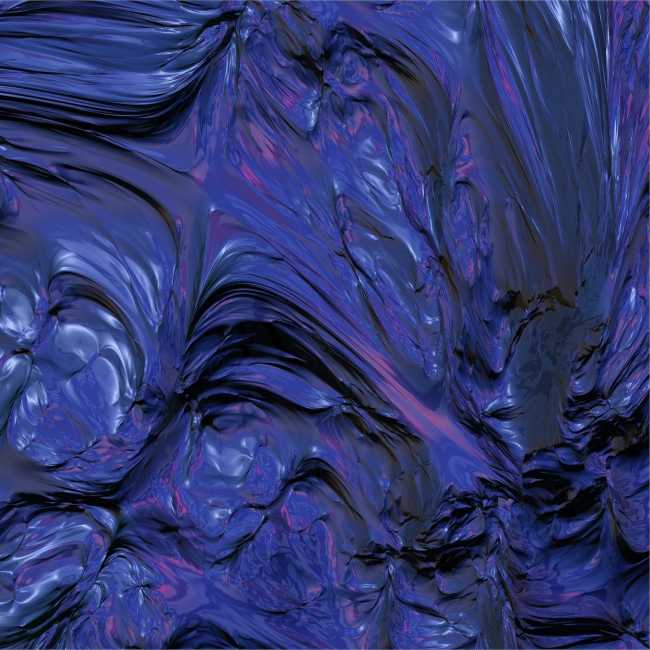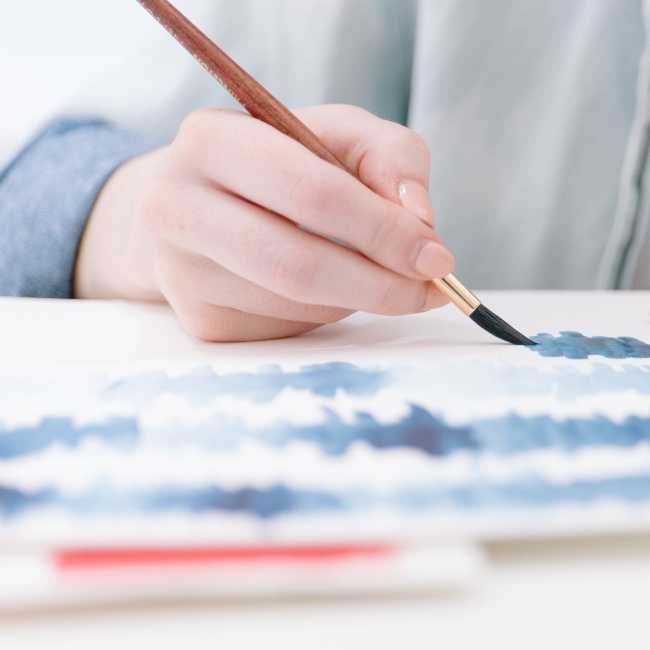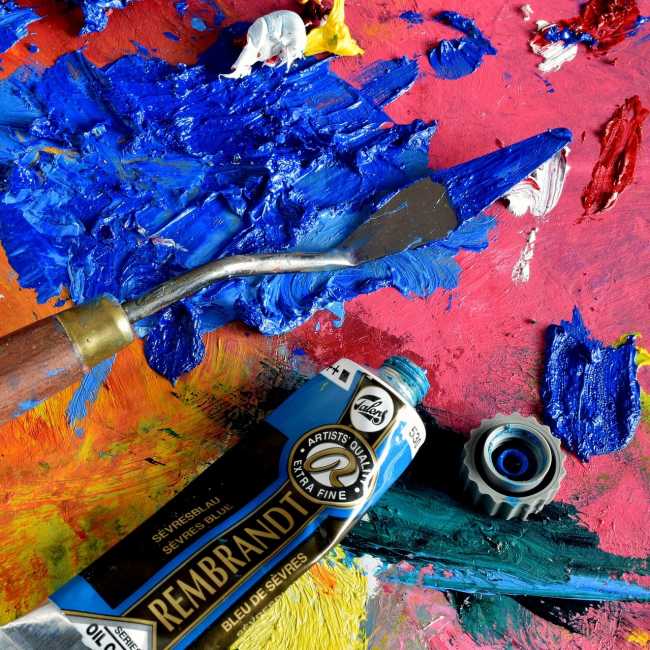Phone: (647) 894 7706
Formal oil painting lessons are known to be able to equip students with the most advanced painting skills. Throughout your process of mastering this fine art, not only will you learn the basics of colours, materials, and mediums, you’ll become privy to a number of special tips that serve to help you optimize your painting experience and skill.
Here are three examples of such tips, of which there are many:

Do not contaminate colours
Always keep your paintbrushes clean so that you won't cross-contaminate your paints. This requires the consistent cleaning of brushes right after each use. Preserving the intensity of your colours is key in oil painting. Another way to do this is by having multiple brushes, each one dedicated to a specific colour. Many expert artists prefer this method as it helps them maintain their flow.

Master every angle of your brush for versatility
One of the things you will learn in oil painting lessons is that there are many different ways to hold and position your brushes. These yield different effects, from wide strokes to finer lines. Having confident control of over all of these brush orientations can help you paint with more versatility, precision, and speed.

Modify your painting by playing with different mediums
During one of your first few oil painting lessons, you will be introduced to wide variety of painting mediums. Keep in mind that oil painting is not just about the paint but also how you control the painting medium to your advantage. Harnessing the power of any medium at your disposal, such as mixing the oil in different solvents, will yield different results that can be experimented with for more unique creations.
Indeed, there is much to be learnt in oil painting lessons, not just in terms of aesthetics and creativity, but also the more technical aspects of painting. The best painters do not get by on pure talent and creativity alone, but by truly understanding the art and science of painting.